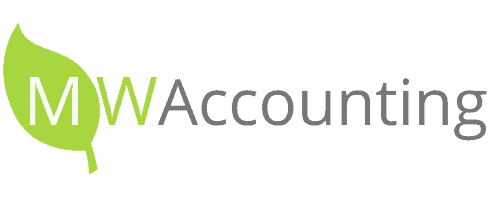| Today the Chancellor made his Spring Statement to the House of Commons. Below is a summary of some key annoucements. Economic Updates Inflation now at 6.2%, mainly due to increases in the price of fuel and food. This rate is lower than that in the US, but inflation is expected to get worse as the year goes on. Economic sanctions against Russia are resulting in economic costs to them, though it was highlighted that these sanctions pose a risk to the UK’s economy. The OBR has revised its growth outlook down, but unemployment is expected to be lower than forecasted. All fiscal rules are being met, with underlying debt and borrowing still falling. National Insurance The National Insurance (NI) increase will go ahead as planned. Though, from July 2022 the threshold at which people start paying NI will be increased by £3,000 pa. (to £12,570 pa.), equalising the NI and Income Tax thresholds. Income Tax Before the 2024 the basic rate of income tax will be cut from 20% to 19%. Fuel Duty For only the second time in 20 years fuel duty will be cut by 5p a liter. This cut will remain in place until March 2023. Energy Costs For the next 5 years, supplies of energy efficient measures (such as solar panels) will be zero rated for VAT. This will not take effect in Northern Ireland, but the UK government will be raising this with the EU Commission. Household support fund has been increased. Tax Plan The Chancellor reiterated his commitment to reducing taxes. The Government want to work with business to support them to invest in training and R&D, with additional measures to be announced in the Autumn Budget. Business Rates Discount The Chancellor reiterated that the business rates discount will be taking effect from April. Employment Allowance Will be increased to £5,000 from the next tax year, |
Budge Summary 6 March 2024
Today Chancellor, Jeremy Hunt unveiled the Spring Budget. Below we...

0 Comments